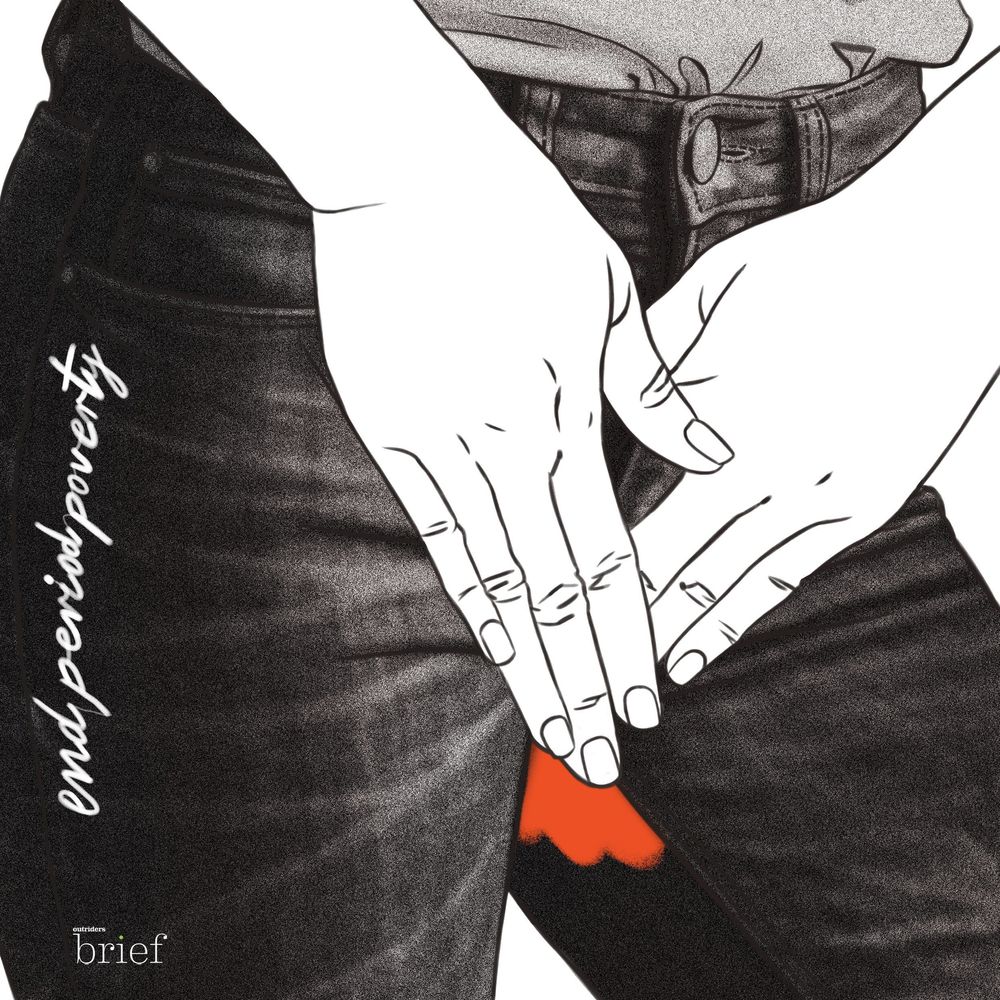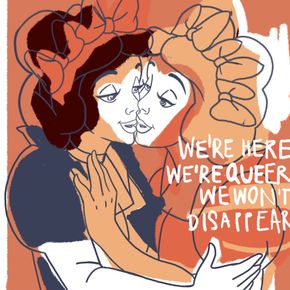Period poverty
Scotland is the first country in the world to provide free access to menstrual hygiene products to anyone who needs them. Such products are already available in all the schools and universities, and now they will enter public bathrooms in libraries, museums, and government buildings. The decision made by the Scottish parliament may pressure other governments to change their policies regarding period poverty. For example, in many of the U.S. states, there still exists a so-called “pink tax”, which means that the taxation on menstrual products is similar to that of luxury goods.
According to a 2017 survey by a humanitarian and development NGO Plan Survey, one in every ten British girls lacks money for pads or tampons. The study relied on interviews with about 1000 females aged 14 to 21. Meanwhile, only 12 % of Indian women and girls have access to sanitary products.
In fear of the president’s Trump’s immigration policies, the undocumented migrants in the U.S. resign from prenatal care and give birth at home. Those women have no health insurance and many of them lack money to pay hospital bills in cash. They are afraid that applying for public benefits may affect their Green Card chances or even result in deportation.


























